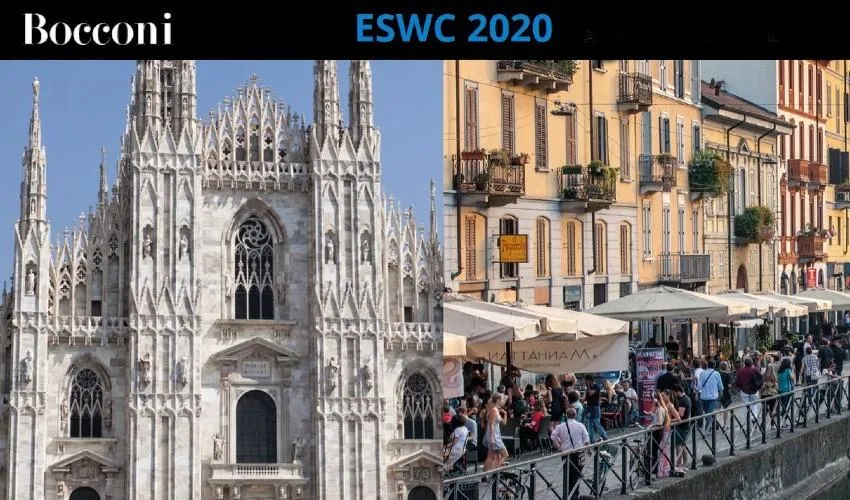
The Econometric Society and Bocconi World Congress: In the Name of Inclusiveness
Last week more than 4,400 economics scholars attended the Econometric Society and Bocconi University Virtual World Congress, an all-time record, almost three times the previous edition. When COVID-19 struck, everything was ready to welcome the participants in person. The shift to an online experience "was an experiment foisted on us by unexpected circumstances," write Gianmario Verona, Bocconi Rector, and Orazio Attanasio, Econometric Society President, in their closing remarks, "but this way we reached many more participants throughout the world than we ever have before."
Five years ago, the Econometric Society welcomed 1,600 attendees to the Montreal World Congress – then a record. This World Congress brought together close to three times that number, increasing inclusiveness and accessibility in a way not previously possible. In particular, the newer regions of the Society and those more far flung were able to join for the first time. A full 16 African countries from Benin, Burkina Faso, Cameroon and Nigeria to Senegel, South Africa, Togo and Uganda to name a few joined us for the Congress. And many more participants from Australia and New Zealand registered than normally would have for a physcial meeting given the constraint of travel costs. The Society's Asian and Latin American regions had extraordinary participation too, and Europe and North America were present in full.
Having experienced the pros and cons of live and virtual events, Professor Verona and Professor Attanasio conclude their remarks to the attendees envisaging some form of hybrid event: "We know nothing is perfect and we look forward over the coming weeks to gathering your feedback, ideas and improvements to incorporate into future hybrid and virtual events." The two scholars wish that "the conference will foster new academic research, help policy making, and improve the well-being of society," but combining the best of the live and the virtual worlds would one more positive legacy.